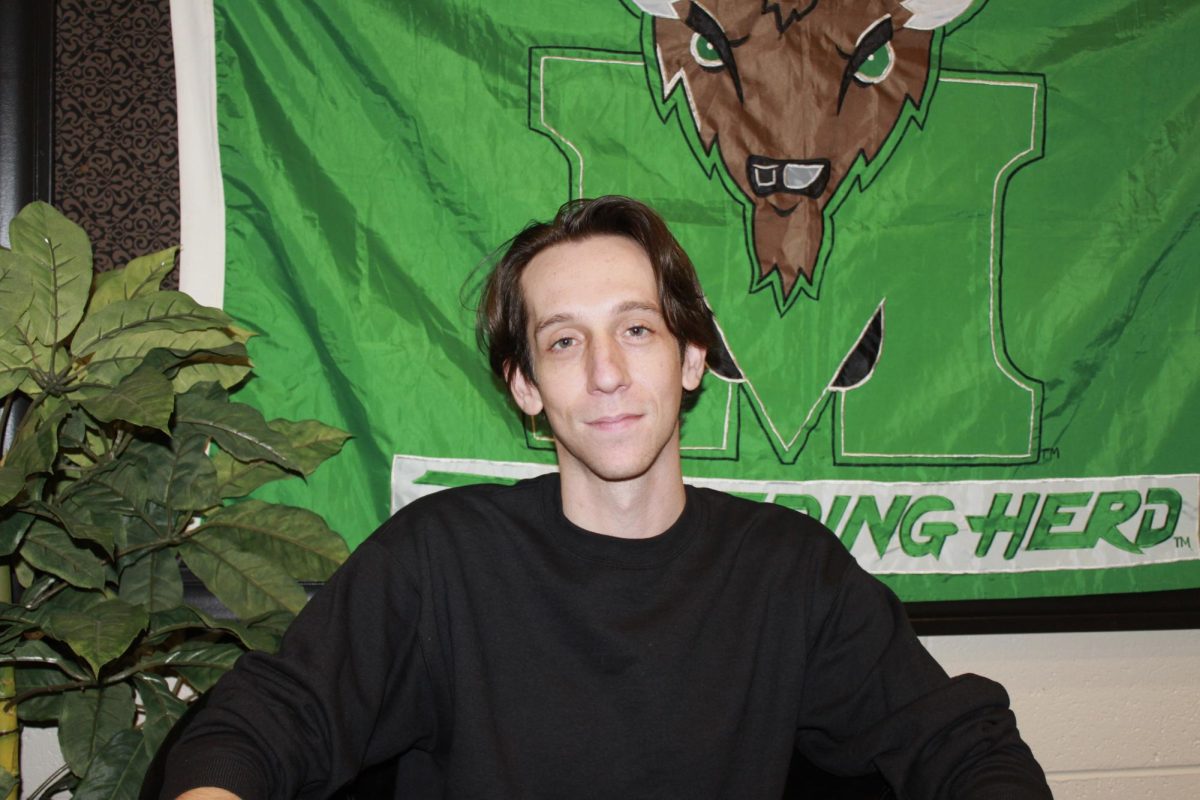Cornell Physics Professor Speaks to Students
March 2, 2022
Traditional science labs sometimes teach bad habits to students, a Cornell University physics professor told Marshall University students Friday evening.
Dr. Natasha Holmes comes to Marshall by the recommendation of the university’s students after looking at some of the work she has published. She said bad habits students were learning from these labs included that they began to expect certain outcomes all the time and built a bias that blocked them from finding new outcomes.
“Students have this expectation that lab is this place to confirm,” Holmes said.
Holmes’s also said that a student once told her after a semester had ended that they “probably shouldn’t be doing experiments with bias going in” after finding a different outcome than what they had expected, which changed their idea on how to do lab work and what the outcomes could be.
In addition, Holmes told a story of two students she witnessed going into a lab only to prove a point and not to discover anything new.
“This expectation ends up restricting the way they engage with the experiment. In particular, they are reluctant to seek any evidence to refute their expectation,” Holmes said.
Holmes gave her lecture, “Trouble with Traditional Physics Labs,” as part of the college of science’s virtual speakers series on Zoom. All interested students watched from the livestream on YouTube so they could later ask questions in the chat. Listeners with questions could voice their interests during the questions and answers section at the end of Holmes’s lecture.
Dr. Sean McBride, a physics professor at Marshall, said that this was the 12th speaker for the college of science’s “Faces of Physics” virtual talk and introduced Holmes to the audience. McBride said the next talk will be Mar. 25 at 7 p.m. by Dr. Shang Sen, an associate professor at West Virginia University.
















